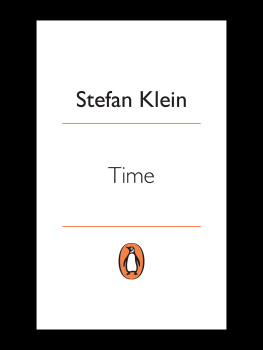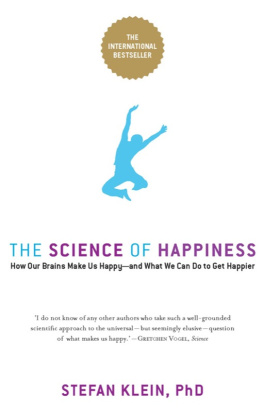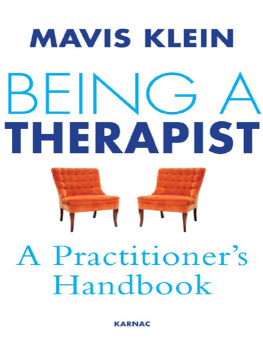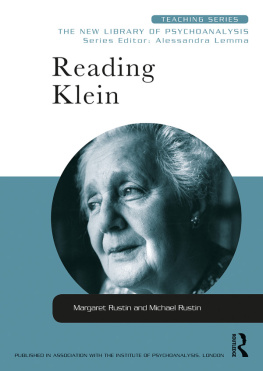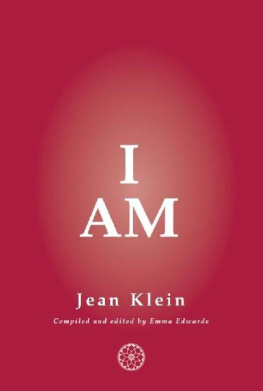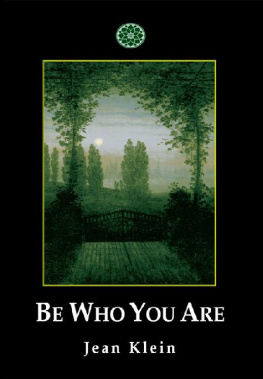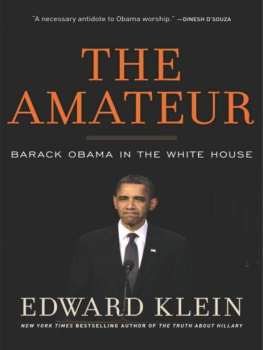Stefan Klein - Survival of the Nicest: How Altruism Made Us Human and Why It Pays to Get Along
Here you can read online Stefan Klein - Survival of the Nicest: How Altruism Made Us Human and Why It Pays to Get Along full text of the book (entire story) in english for free. Download pdf and epub, get meaning, cover and reviews about this ebook. year: 2014, publisher: The Experiment, genre: Children. Description of the work, (preface) as well as reviews are available. Best literature library LitArk.com created for fans of good reading and offers a wide selection of genres:
Romance novel
Science fiction
Adventure
Detective
Science
History
Home and family
Prose
Art
Politics
Computer
Non-fiction
Religion
Business
Children
Humor
Choose a favorite category and find really read worthwhile books. Enjoy immersion in the world of imagination, feel the emotions of the characters or learn something new for yourself, make an fascinating discovery.

- Book:Survival of the Nicest: How Altruism Made Us Human and Why It Pays to Get Along
- Author:
- Publisher:The Experiment
- Genre:
- Year:2014
- Rating:5 / 5
- Favourites:Add to favourites
- Your mark:
Survival of the Nicest: How Altruism Made Us Human and Why It Pays to Get Along: summary, description and annotation
We offer to read an annotation, description, summary or preface (depends on what the author of the book "Survival of the Nicest: How Altruism Made Us Human and Why It Pays to Get Along" wrote himself). If you haven't found the necessary information about the book — write in the comments, we will try to find it.
This revelatory tour de force by an acclaimed and internationally bestselling science writer upends our understanding of survival of the fittestand invites us all to think and act more altruistically
The phrase survival of the fittest conjures an image of the most cutthroat individuals rising to the top. But Stefan Klein, author of the #1 international bestseller The Science of Happiness and winner of the Georg von Holtzbrinck Prize for Scientific Journalism, makes the startling assertion that the key to achieving lasting personal and societal success lies in helping others. In fact, Klein argues, altruism is our defining characteristic: Natural selection favored those early humans who cooperated in groups, and with survival more assured, our altruistic ancestors were free to devote brainpower to developing intelligence, language, and cultureour very humanity. As Klein puts it, We humans became first the friendliest and then the most intelligent apes.
To build his persuasive case for how altruistic behavior made us humanand why it pays to get alongKlein synthesizes an extraordinary array of material: current research on genetics and the brain, economics, social psychology, behavioral and anthropological experiments, history, and modern culture. Ultimately, his groundbreaking findings lead him to a vexing question: If were really hard-wired to act for one anothers benefit, why arent we all getting along?
Klein believes weve learned to mistrust our generous instincts because success is so often attributed to selfish ambition. In Survival of the Nicest, he invites us to rethink what it means to be the fittest as he shows how caring for others can protect us from loneliness and depression, make us happier and healthier, reward us economically, and even extend our lives.
Stefan Klein: author's other books
Who wrote Survival of the Nicest: How Altruism Made Us Human and Why It Pays to Get Along? Find out the surname, the name of the author of the book and a list of all author's works by series.

